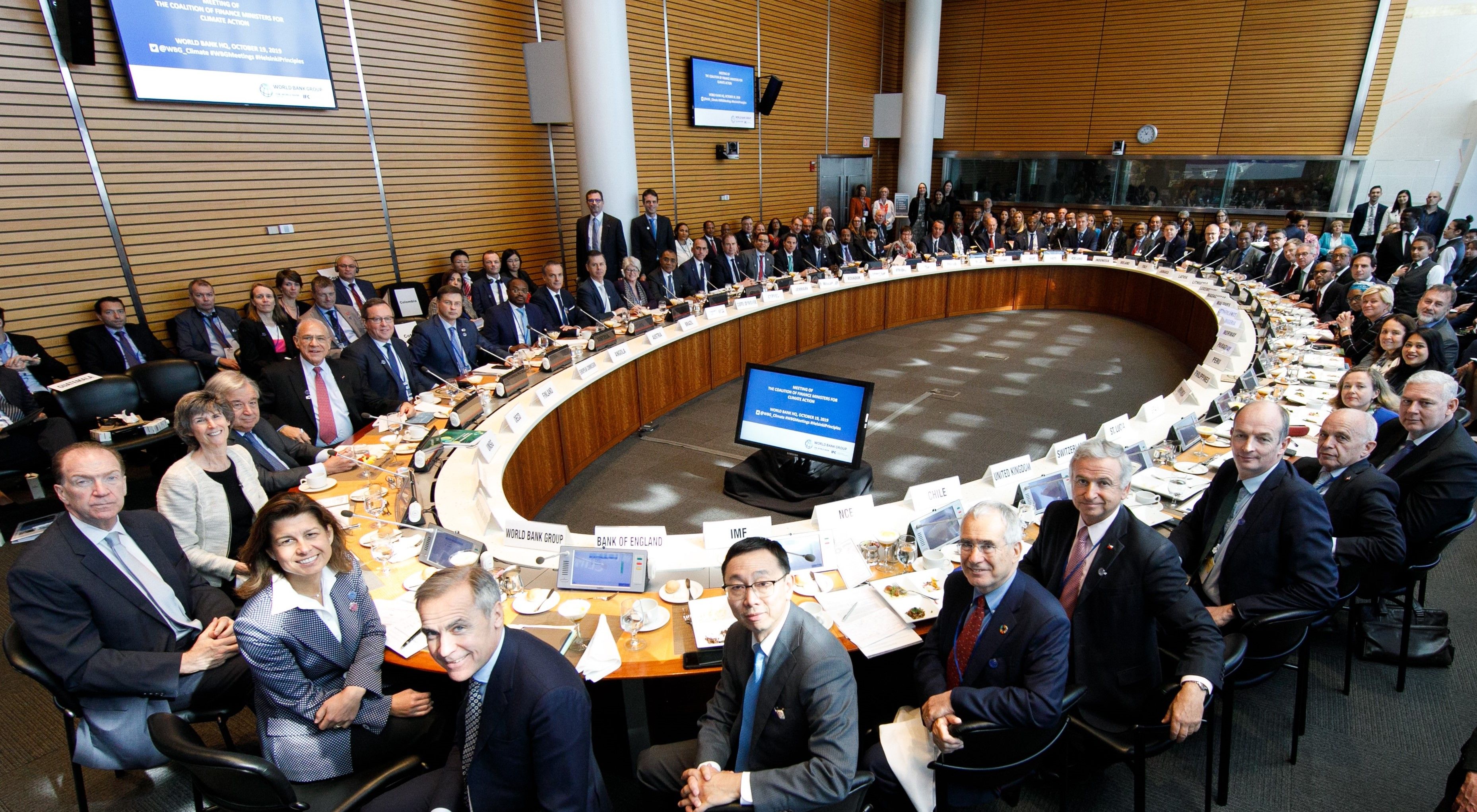Climate+
MENA Finance Ministries May Unlock Regional Climate Action
Four MENA Countries joined the global coalition of finance ministries recently, but the region is still the least represented
Jul 24, 2022 / 3 Min

The Coalition of Finance Ministers for Climate Action. Courtesy.
